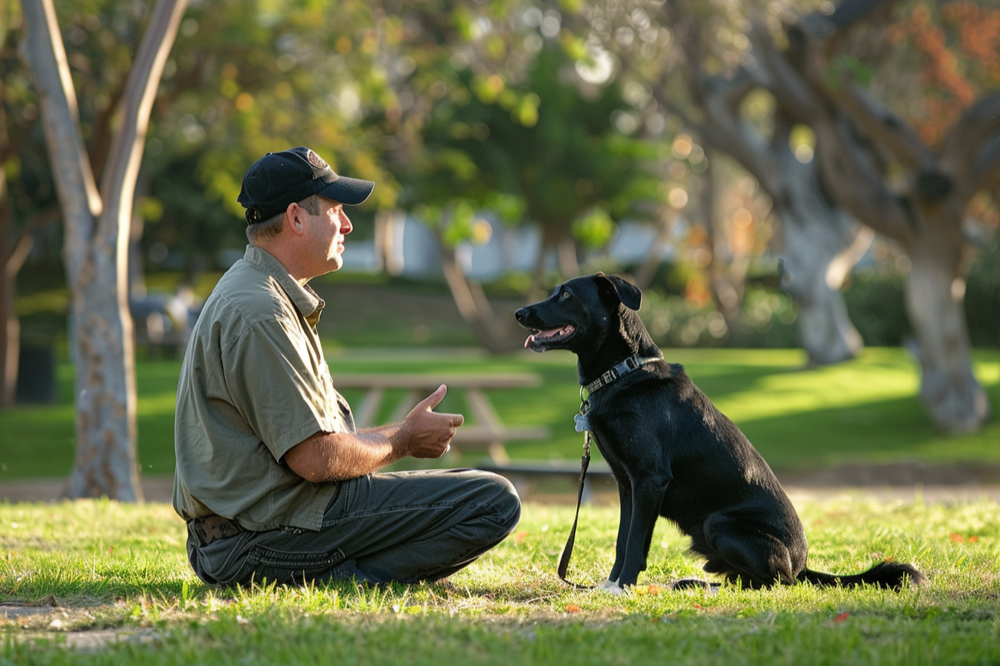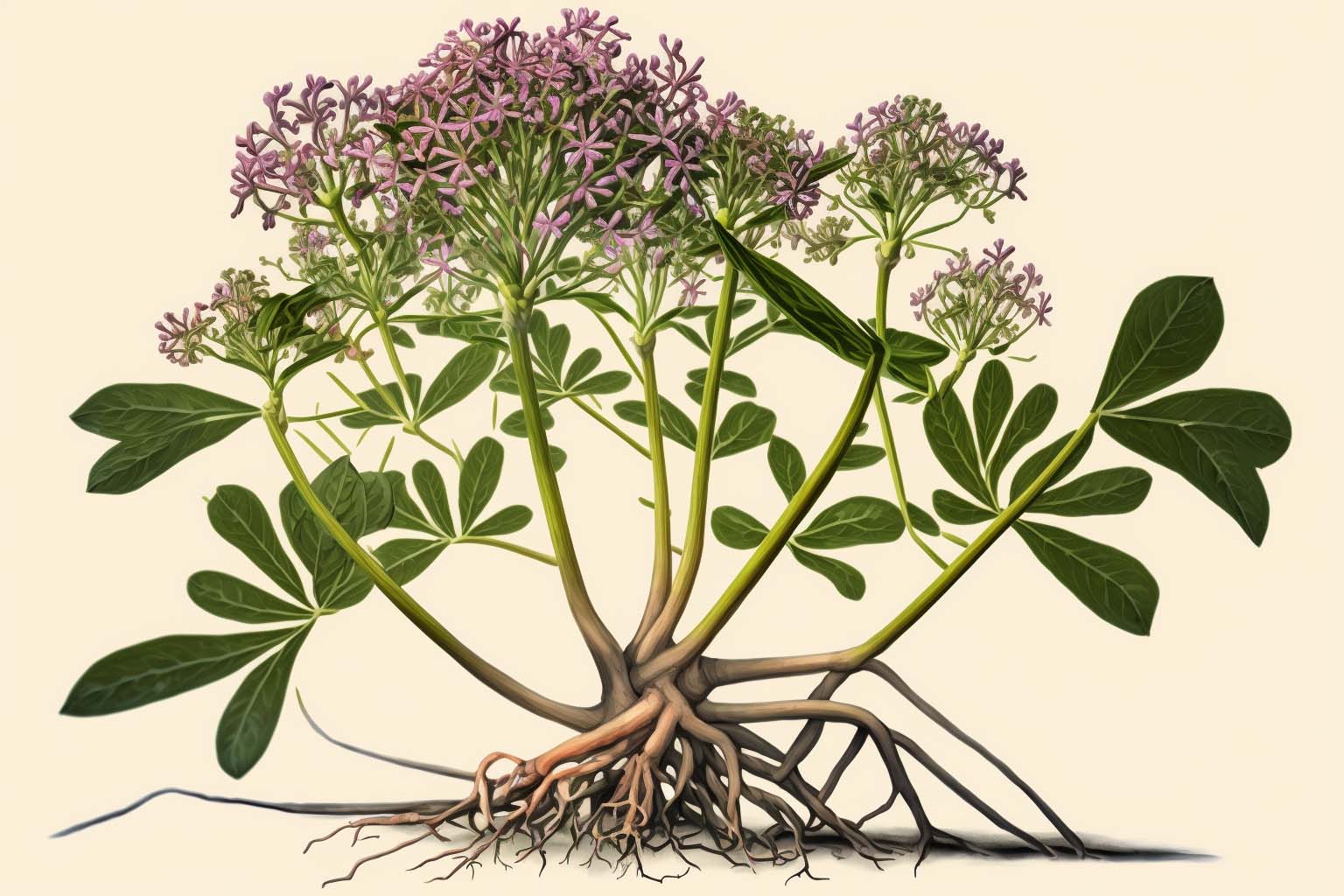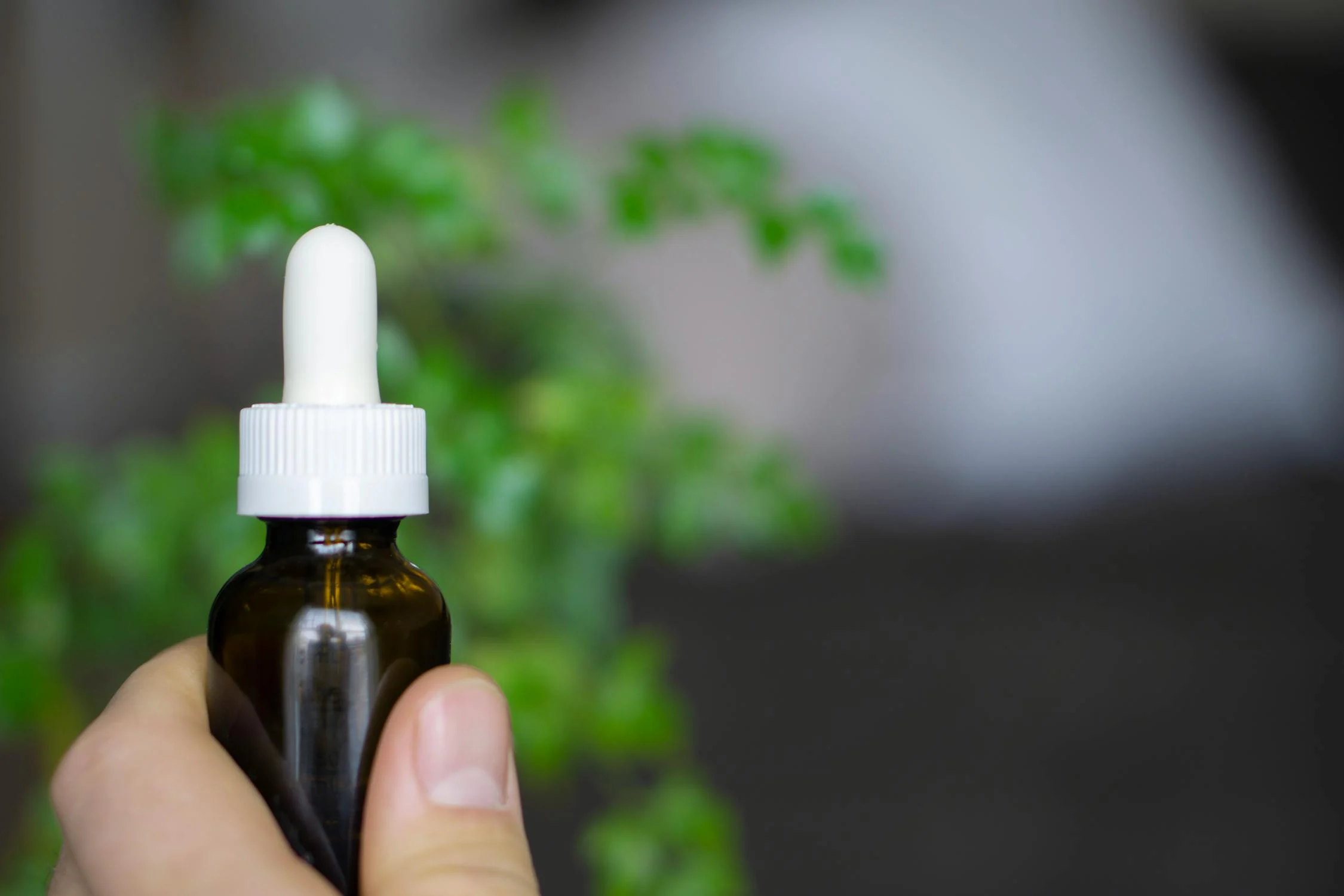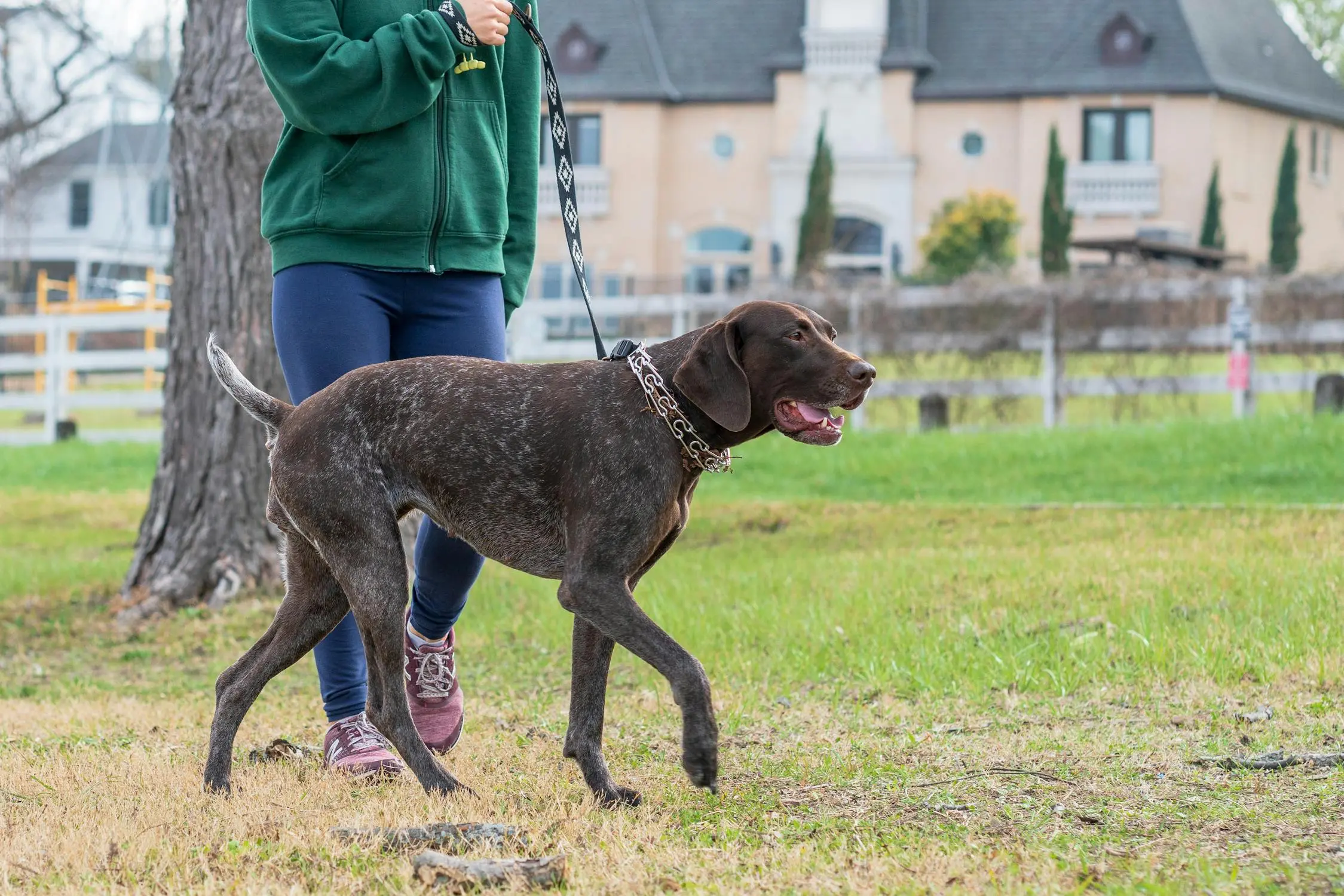Your cart is currently empty!
Treating Dog Aggression
-

Understanding Positive Reinforcement: More than Giving Treats
Positive reinforcement is a concept many of us have heard of, especially when it comes to training our furry companions. The basic idea is simple: reward a behavior you want to see more of, and it’s likely to be repeated. However, when it comes to addressing aggression in dogs, the application of positive reinforcement isn’t…
-

Two Essential Aspects Overlooked in Tackling Dog Aggression
In the intricate realm of addressing canine aggression, two fundamental aspects often evade the spotlight, yet serve as the bedrock for effective intervention. While strategies like desensitization and counter-conditioning rightfully garner attention, their efficacy hinges on mastering these foundational elements. Embarking on a journey to understand and address aggression in dogs necessitates a keen appreciation…
-

The Sit-stay: danger in focusing only on Outward Behavior
Some trainers have said it doesn’t matter what the dog is feeling, it only matters that they behave. This can be reassuring for dog owners because understanding the inner workings of our canine companions can often feel like a labyrinth complete mystery. But focusing solely on a dog’s outward behavior without considering their internal state…
-

L-Theanine for Dogs: Anti-anxiety effects
There is limited research on the use of L-theanine specifically for dogs with behavior problems, but some studies suggest that it may have potential benefits for reducing anxiety and improving behavior. L-theanine is an amino acid found in green tea that has been studied for its calming effects on the brain. It is thought to…
-

L-Tryptophan and 5-HTP
L-tryptophan and 5-HTP are both amino acids that are involved in the production of the neurotransmitter serotonin in the body. Serotonin is a neurotransmitter that plays an important role in regulating mood, appetite, sleep, and other bodily functions. In dogs, low levels of serotonin have been associated with increased aggression and other behavior problems. Both…
-

Chamomile for Dogs: Anti-anxiety effects
Chamomile is a natural supplement that is sometimes used to help manage anxiety in dogs, although there is limited research on its effectiveness in this regard. Chamomile is believed to have anti-anxiety effects due to its ability to increase levels of certain neurotransmitters, such as serotonin and dopamine, which help regulate mood and emotions. It…
-

Valerian Root for Dogs: Anti-Anxiety Effects
Valerian root is a natural supplement that is sometimes used to help manage anxiety in dogs, although there is limited research on its effectiveness in this regard. Valerian root is believed to have anti-anxiety effects due to its ability to increase levels of gamma-aminobutyric acid (GABA), a neurotransmitter that helps regulate anxiety and other emotions…
-

Hemp Oil for Dogs: Anti-anxiety effects
While the majority of research on hemp oil is done with humans, there is some research into the use of hemp oil for dogs, particularly in the areas of pain, anxiety, and seizure disorders. However, more research is needed to fully understand the potential benefits and risks of hemp oil for dogs. However hemp product…
-

Are Dogs More Judgemental Than We Think?
Research suggests that dogs are capable of making judgements based on our behavior. Is this something we can adapt for our shy, reactive or aggressive dogs or do they even have the same ability? Dogs Judge Unhelpful People Third-party social evolutions of humans by monkey’s and dogs it suggests that dogs actually negatively evaluate unhelpful people.…
-

5 TREATMENT METHODS TO AVOID IN DOG TRAINING
Unfortunately there are still many trainers using aversive methods to train dogs. Adverse methods are focused on the end behavior and ignore the emotional state of the dog. Not only is it unnecessary, the emotional state of the dog should always come first. But when it comes to trying to deal with or treat aggression…
